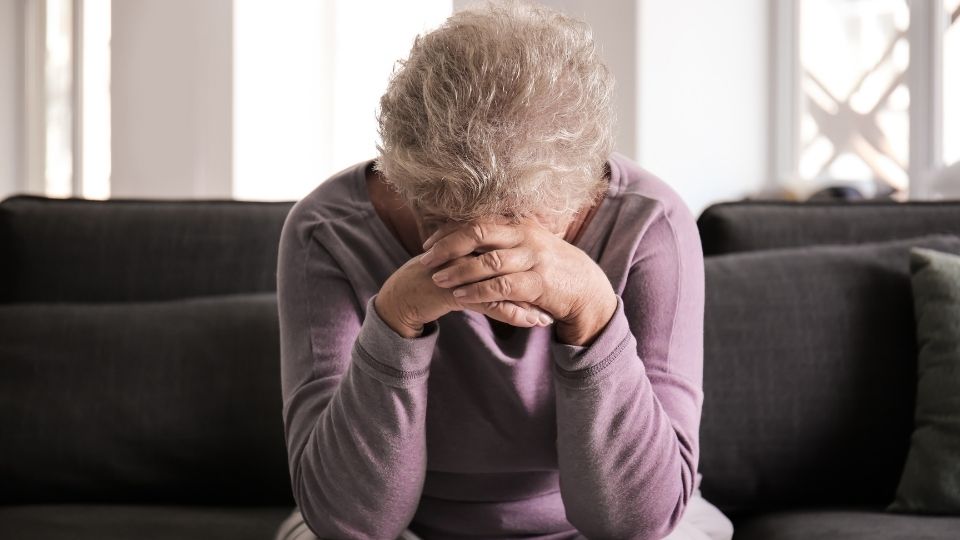Bipolar disorder, characterized by mood swings between depressive and manic or hypomanic states, can also affect individuals in late life. Late-life onset of bipolar disorder in the elderly presents unique challenges and considerations for diagnosis, treatment, and management. Here are some key aspects to understand about bipolar disorder in the elderly:
- Late-Onset Bipolar Disorder:
- Prevalence: While bipolar disorder often emerges in early adulthood, it can also have an onset later in life. Late-life onset is less common but still occurs.
- Diagnosis Challenges: Diagnosing bipolar disorder in the elderly can be challenging due to overlapping symptoms with other medical conditions and the presence of comorbidities.
- Comorbid Medical Conditions:
- Impact on Diagnosis: Older adults often have various medical conditions, and the symptoms of bipolar disorder can be overshadowed by other health issues. Comorbidities may complicate the diagnostic process.
- Interaction with Medications: Medications for other medical conditions may interact with mood-stabilizing drugs, requiring careful management by healthcare providers.
- Cognitive Implications:
- Overlap with Cognitive Disorders: The symptoms of bipolar disorder can overlap with cognitive disorders such as dementia. Distinguishing between the two is crucial for accurate diagnosis and appropriate treatment.
- Increased Risk in Late-Onset Depression: Late-onset bipolar disorder may be associated with a higher risk of cognitive decline compared to early-onset bipolar disorder.
- Psychosocial Factors:
- Life Transitions: Late-life onset of bipolar disorder may be triggered by life transitions such as retirement, loss of a spouse, or changes in health. Psychosocial stressors can impact the course of the illness.
- Social Isolation: Older adults with bipolar disorder may face increased social isolation, which can exacerbate symptoms and affect overall well-being.
- Treatment Challenges:
- Coordinated Care: Coordinating care among various healthcare providers, including mental health specialists, primary care physicians, and specialists for comorbidities, is essential.
- Medication Considerations: Medication management may require special attention, considering potential interactions with medications for other health conditions. Adjustments may be needed based on individual responses and tolerances.
- Stigma and Recognition:
- Stigma in Older Adults: Stigma around mental health issues may be more pronounced in older adults, potentially leading to delays in seeking help or reluctance to disclose symptoms.
- Recognition by Healthcare Providers: Awareness of bipolar disorder in the elderly among healthcare providers is crucial to prompt diagnosis and appropriate management.
- Suicide Risk:
- Increased Risk: Older adults with bipolar disorder may face an increased risk of suicide, emphasizing the importance of regular mental health assessments and risk evaluations.
- Connection with Depression: Depression, often a component of bipolar disorder, can contribute to suicidal ideation. Identifying and addressing depressive symptoms is crucial.
- Family and Caregiver Support:
- Involvement of Family: Family members and caregivers play a vital role in supporting individuals with bipolar disorder in late life. Education about the condition, involvement in treatment plans, and providing emotional support are crucial.
- Caregiver Stress: Caregivers may face increased stress, and support services for caregivers are important to ensure the well-being of both the individual with bipolar disorder and those providing care.
- Life Expectancy Considerations:
- Management for the Long Term: Considering life expectancy, long-term management plans should be developed to address the evolving needs of older adults with bipolar disorder.
- End-of-Life Care Considerations: End-of-life care discussions should include considerations for managing bipolar symptoms, ensuring comfort, and addressing psychological well-being.
- Collaboration with Mental Health Professionals:
- Multidisciplinary Approach: A multidisciplinary approach involving mental health professionals, geriatric specialists, and other healthcare providers is essential for comprehensive care.
- Regular Monitoring: Regular monitoring of mood symptoms, medication side effects, and overall well-being is crucial to adapting treatment plans as needed.
Bipolar disorder in the elderly requires a tailored and collaborative approach to address the specific challenges associated with late-life onset. Early and accurate diagnosis, careful medication management, and ongoing support from healthcare providers, family, and caregivers contribute to the well-being of older adults living with bipolar disorder.

